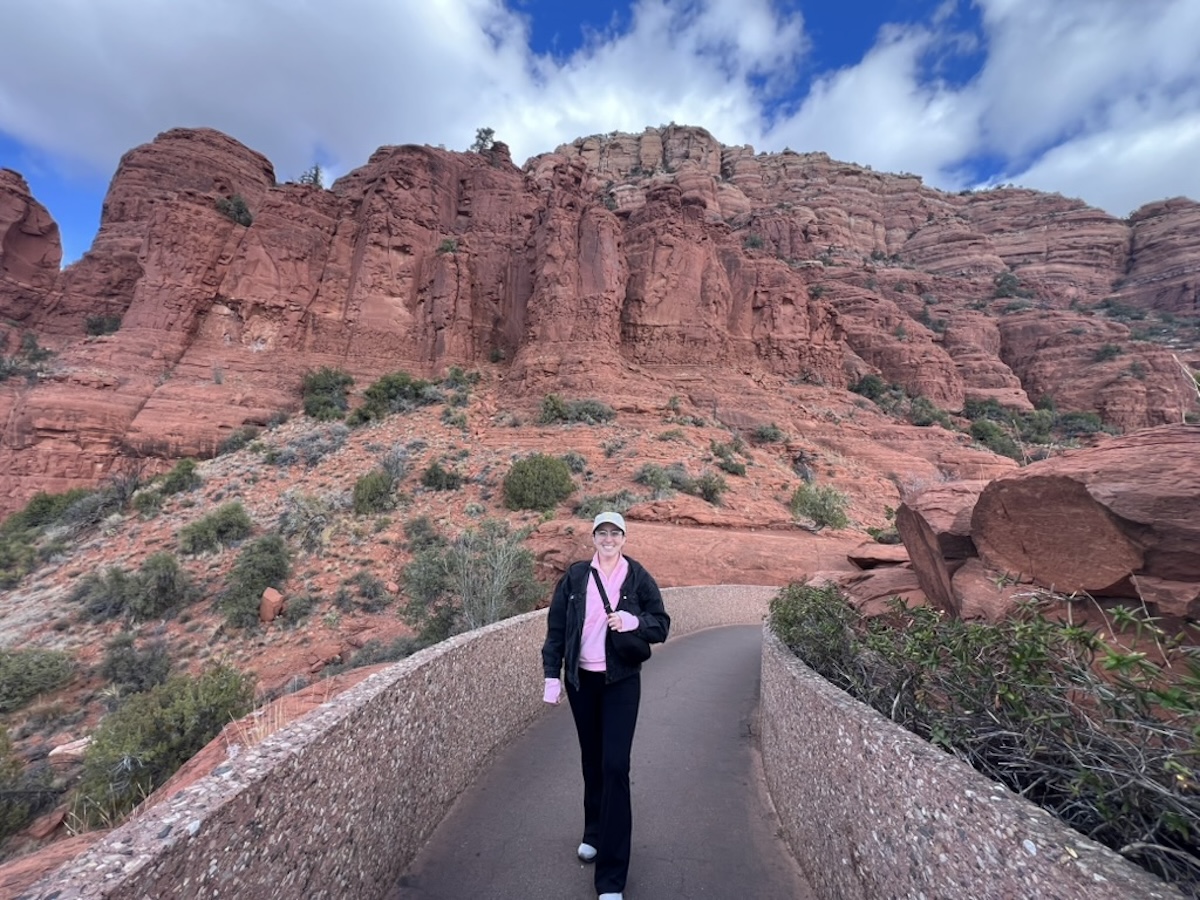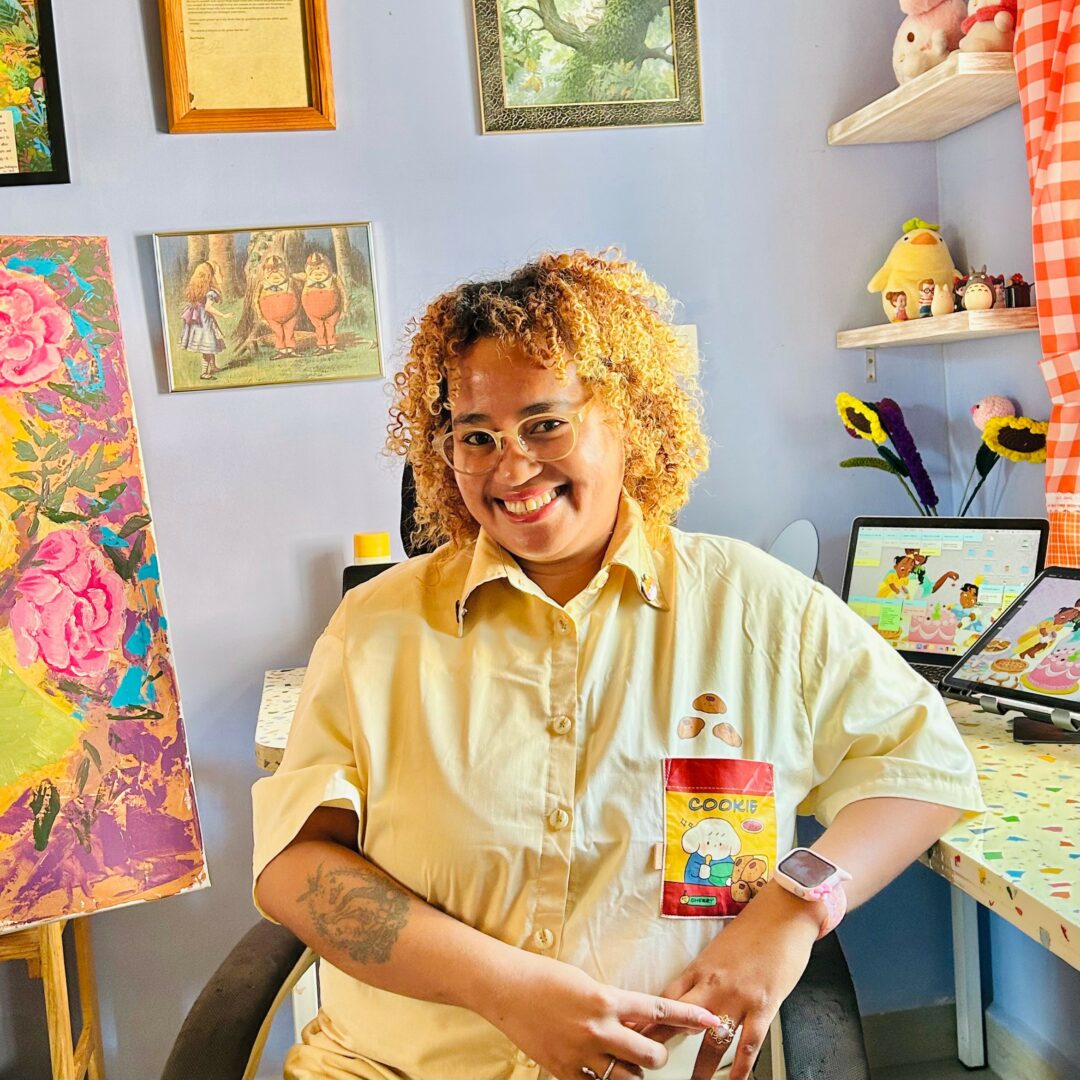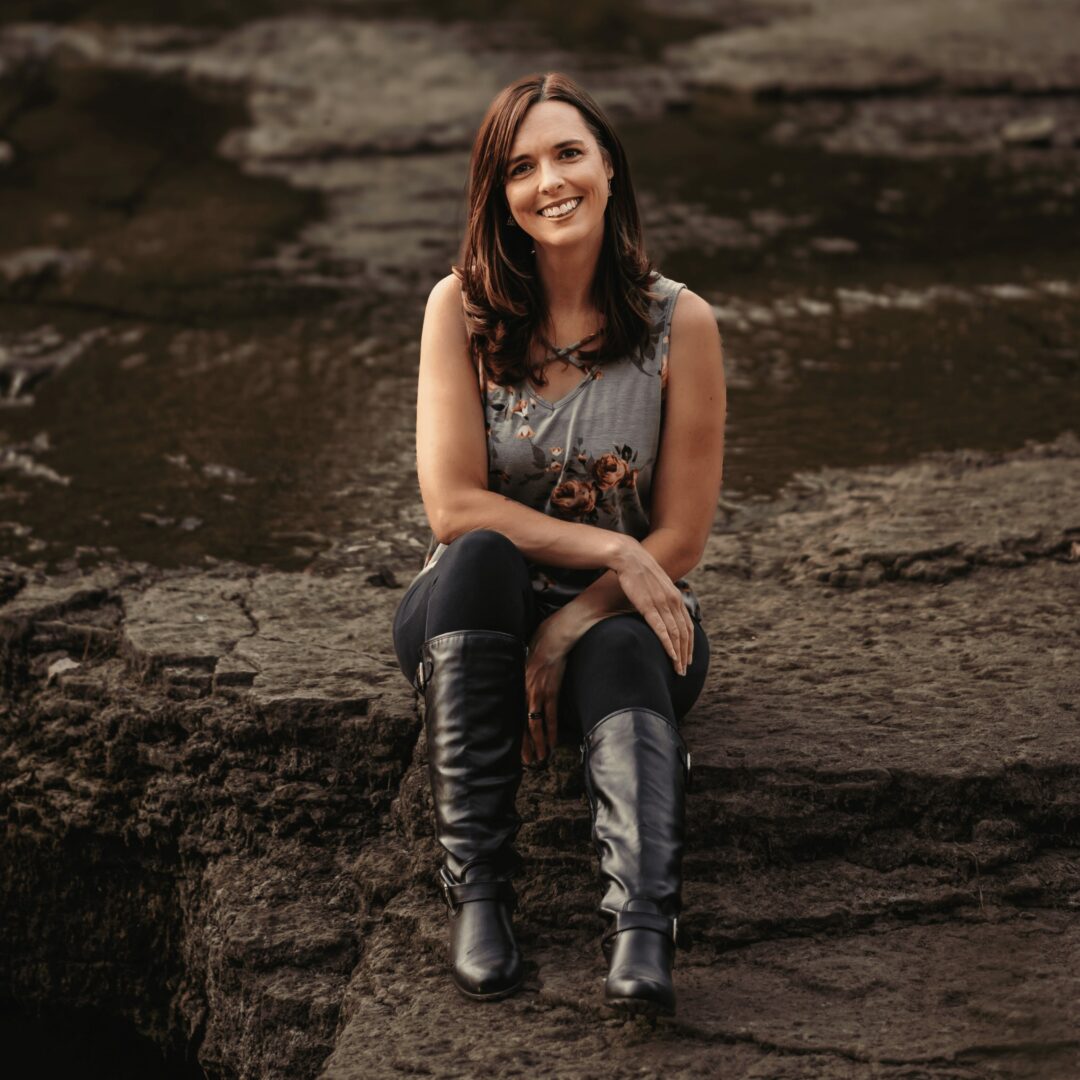Alright – so today we’ve got the honor of introducing you to Kaytee Gillis. We think you’ll enjoy our conversation, we’ve shared it below.
Kaytee, we’re thrilled to have you sharing your thoughts and lessons with our community. So, for folks who are at a stage in their life or career where they are trying to be more resilient, can you share where you get your resilience from?
I believe my resilience was formed out of necessity. Many of us do not know that our environment is anything but normal until we grow up and develop more awareness of the world around us. Then we realize that some of the things we went through not only were not normal, but they were traumatic. And that trauma sticks with us until we do the work of understanding, which, that in itself, can be traumatizing!
My resilience came from having no other choice but to keep moving. My first major heartbreak happened when I was just out of college, and my father walked out of my life. Even though I was legally an adult, I had nowhere near the amount of tools and insight that I have now, and was greatly affected by this… but I didn’t know this yet. At 21, we feel like we have made it to adulthood and therefore know everything. But I was too young, with too little support, to know what affect him leaving would have on me for years to come.
So I did what all normal kids do. I moved almost two thousand miles away, across the country to get my master’s in social work. I figured if I couldn’t heal my own life, maybe I could help others heal.
However, I suffered another major trauma several years later after experiencing domestic abuse. This is what forced me to take a look at my surroundings, any unhealthy patterns, who I was attracted to (and why) and how these unhealthy patterns were affecting me. I met a therapist who would change my life, and to whom I owe so much of my healing. In the beginning, it felt like working with her just helped me get from one week to the next. It wasn’t until I looked back in hindsight that I realized I had been moving forward all along based on my resilience- it was the only thing I knew.
Resilience is usually something that can be recognized in hindsight. In the middle of the worst times of my life, I certainly felt anything but resilient. Rather, I put one foot in front of another. One day became two, which became a week. Eventually, months passed where I realized I was doing okay.
Thanks, so before we move on maybe you can share a bit more about yourself?
I am a psychotherapist by trade, a writer by hobby, and a published author out of luck! Kidding aside, my background is in mental health, particularly family and relationship trauma. Most of my clients come to me having had one or the other, if not both, as I feel there is a big link between our foundational relationships and any unhealthy relationships we get into as adults.
In 2021 I published my first book, Invisible Bruises. The world was still in the middle of a pandemic, and most of my role as a therapist had moved online. Thus, the tools that I would usually write out in session with clients in notebooks and on sticky notes became word files, which then turned into a manuscript. I caught the eye of this amazing person, a publisher who owns a domestic violence non-profit in Florida, who asked me to do some virtual conferences and trainings for her organization. My second book, It’s Not High Conflict, It’s Post Separation Abuse, was published earlier this spring. Since my first two books are focused on helping survivors of domestic abuse, particularly post-separation abuse, I presented on this topic at their annual conference this summer. If I could have told college-aged me that speaking in front of a crowd would make me feel at home, I would never have believed me! Yet here I am.
As a survivor of post separation abuse, I know how hopeless and seemingly impossible it can feel to try to break free from someone who is set on revenge. So many of my clients deal with this daily and are unable to escape, trapped inside our family court system at the mercy of litigation and motions that never end. When I was going through my experience, it felt inescapable. Day after day, I asked myself, “if a social worker, who is literally trained to navigate social systems, can’t get myself out of this… who has a chance?!”
So many of my clients are single mothers, with little to no income. People of color. Queer people. People who do not speak English natively or fluently. People who do not have the means to take off of work and drive to endless court hearings. In other words, people who do not have the privilege I have. Here I was, someone who was privileged in that at least I had the ability to protect myself without the biases and hurdles that many of my clients face.
I knew that I wanted to use my story to help those who do not have a voice.
This summer, I published Breaking the Cycle: The 6 Stages of Healing from Family Trauma! As a society, we need to do better for people who are surviving insurmountable trauma, either through their family or through romantic relationships, and I am determined to help drive that change.
There is so much advice out there about all the different skills and qualities folks need to develop in order to succeed in today’s highly competitive environment and often it can feel overwhelming. So, if we had to break it down to just the three that matter most, which three skills or qualities would you focus on?
1. I am eager to learn. I am not the best writer, or public speaker. But, I try to take feedback well, I do a lot of observing, and I work on improving myself. I believe we should never stop learning or working on ourselves. As a supervisor, I find that the most difficult people to manage or train are those who feel like they know everything. They might be the most educated person on staff, but if you can’t have a real conversation with them, it can feel frustrating. Being eager to learn and grow has helped me shape who I am in my career. I always feel like I have something to learn from others.
2. I’m funny. No, really. You’ll laugh. But, joking aside, I use my humor as a strength. It was absolutely developed as a defense mechanism to deal with my trauma in my past, so I am sure Sigmund Freud would have some opinions about my use of humor in everyday conversation, especially difficult moments. And I do believe there is a time and a place. But I believe my humor gives me the ability to relate to others in a non-intimidating, I-clearly-don’t-take-myself-
3. I believe that my personal life experience has helped me a lot in my career as a therapist. I have met many mental health clinicians who just don’t seem to “get it.” And maybe they do, but they feel they need to hide it? But I feel like everything I went through, the mistakes I made in my personal and professional life, all showed me what it is like to grow and heal, and how to help others do the same.
What do you do when you feel overwhelmed? Any advice or strategies?
As someone who struggles with anxiety, I am prone to getting overwhelmed. As an adult in my mid (okay, late) 30s, I can now realize that I struggled with it long before it became a household term. In my younger years, I did not have this insight and instead looked around for ways to self-medicate, usually landing on snacks or sugary drinks. (Those don’t help, by the way.)
I have found that the best tool when I am overwhelmed is to look inward and notice the thoughts I am having. I frequently have moments of panic which, (because of the universe’s sense of humor) tend to happen when I am driving, or trying to fall asleep. I will notice that I haven’t taken a breath in a while. Or sometimes I won’t even notice, but my body will tell me when I launch into a stream of intense, embarrassingly loud hiccups. I will then take a few quiet moments and examine what is going on in my life at that time. Do I have a deadline I am obsessing over? Or have I been letting my thoughts go down the “what if” road? Often I find that my body has launched back into the hypervigilance that, as a child, was a coping mechanism developed to navigate an often stressful environment. I am working on retraining my body that I no longer need to be in that hyper-aware state. It’s okay to just be.
My partner, Juan, is great. He will say something to me like “you’re not having a stroke, just breathe.” This works for me because it brings me back into the present moment by showing me the reality of my situation. Anxiety, especially panic attacks, can feel so all-encompassing in the moment that it really does feel like you are having a medical emergency. (And there is absolutely nothing at all funny about medical emergencies.) But having an objective person tell me that I am okay reminds me that I am- because anxiety does not let you trust yourself! This allows me to come down to earth, and allows me to see what is happening. Then I focus on my breathing, and orient myself to the present moment by looking around me and noting where I am. What day of the week is it? What day of the month is it? I will ask myself these things, and it helps to ground me. This is also a tool I use with clients who are struggling with anxiety or going down what I call the Thought Spiraling Path.
After grounding myself, I take a realistic look at what it is that I am overwhelmed about. Often, it is a deadline or self-imposed to-do list that I am worried about. Anxiety is great in that it will give us things to worry and be overwhelmed about. But meeting it with logic and insight helps me personally. The key is doing what works for you.
Contact Info:
- Website: www.kaytlyngillislcsw.com
- Instagram: @KurleeKaytee and @Claras__Voice
- Facebook: https://www.facebook.com/KayteeLCSW
- Linkedin: https://www.linkedin.com/in/kaytlyn-kaytee-gillis-lcsw-bacs-42b46856
- Twitter: https://twitter.com/Kaytee_Gillis
- Other: Psychology Today Blog: https://www.psychologytoday.com/us/blog/invisible-bruises


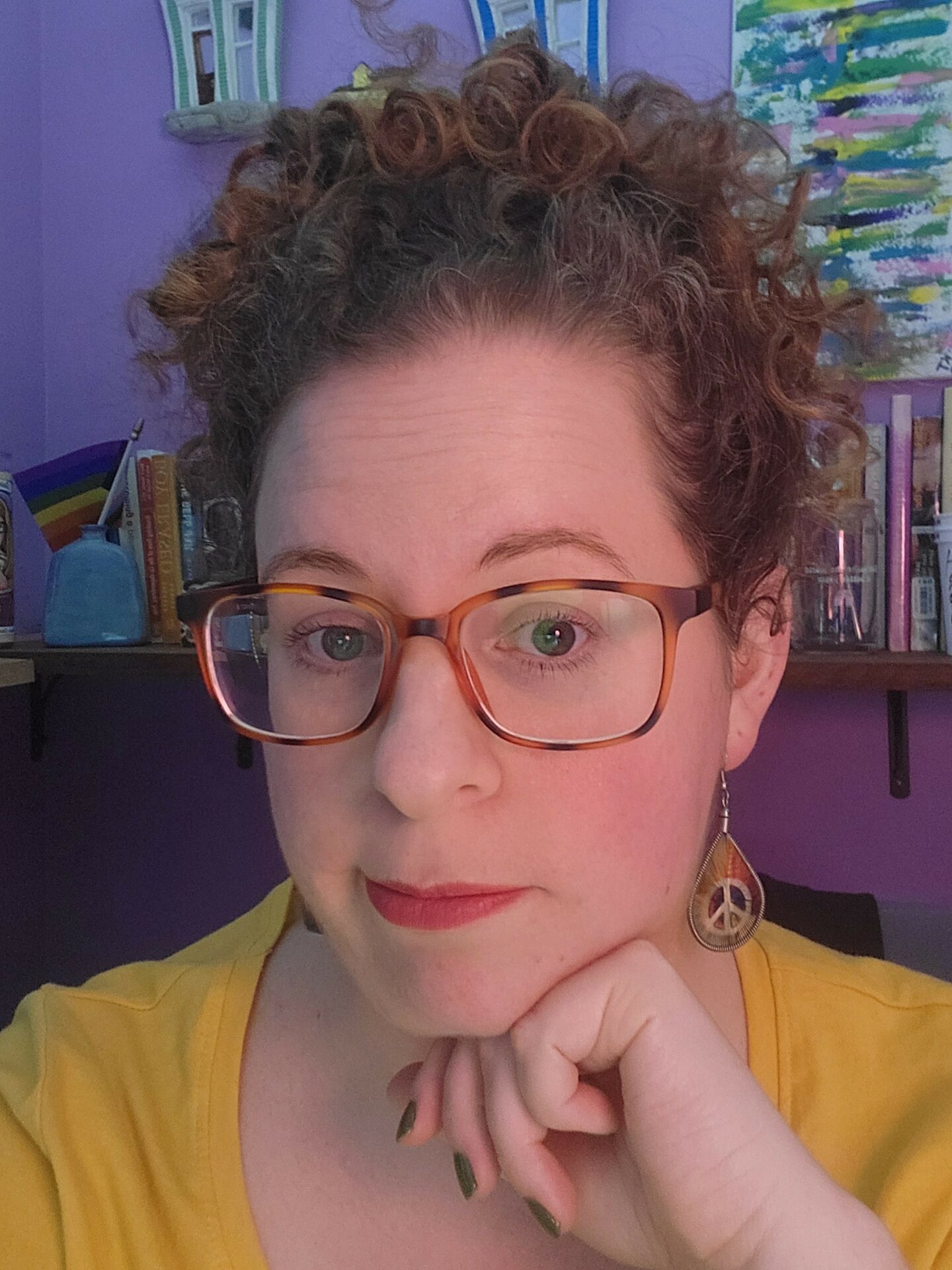

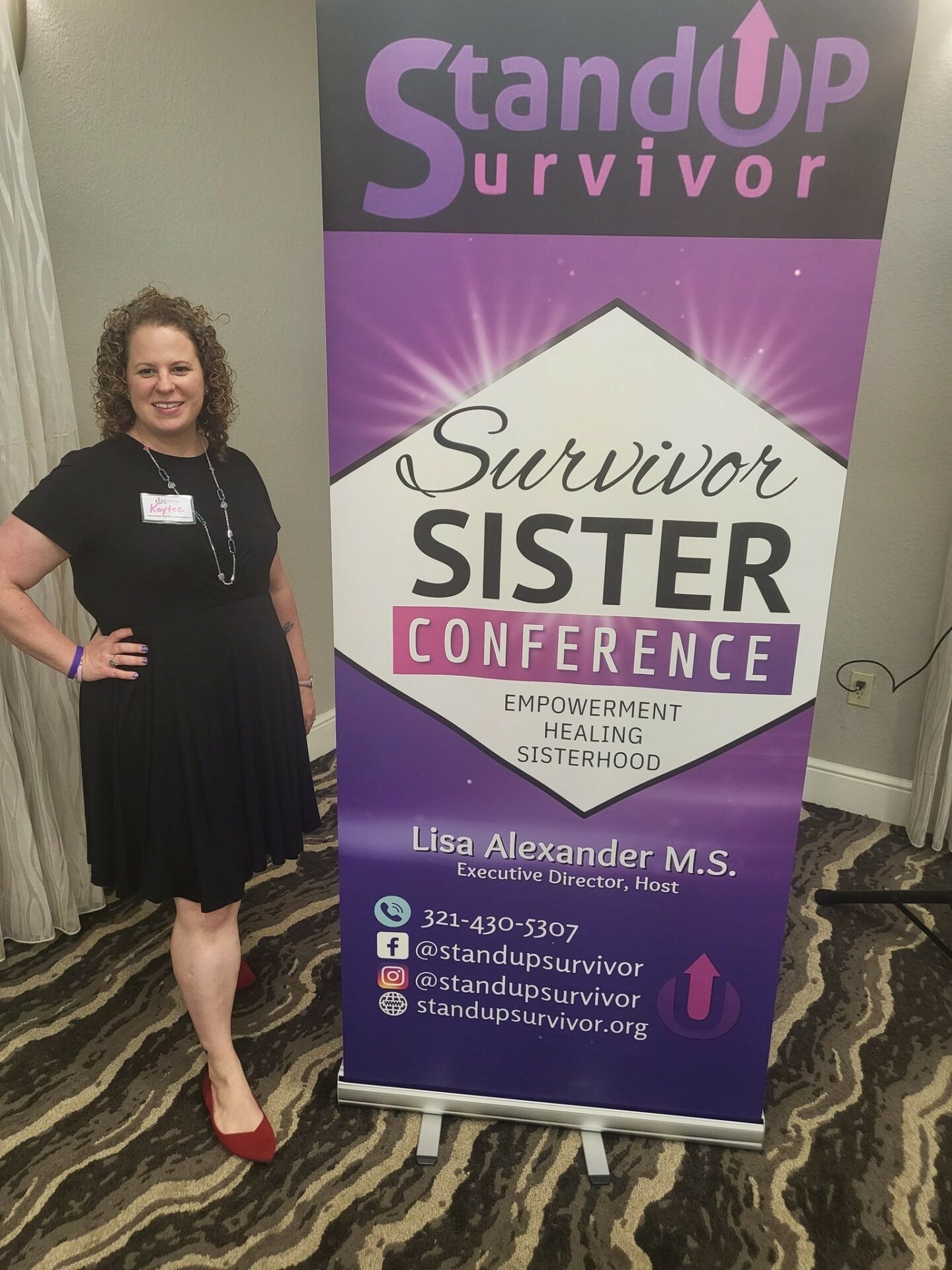

Image Credits
Photo credit Juan Guerrero, Jr.


